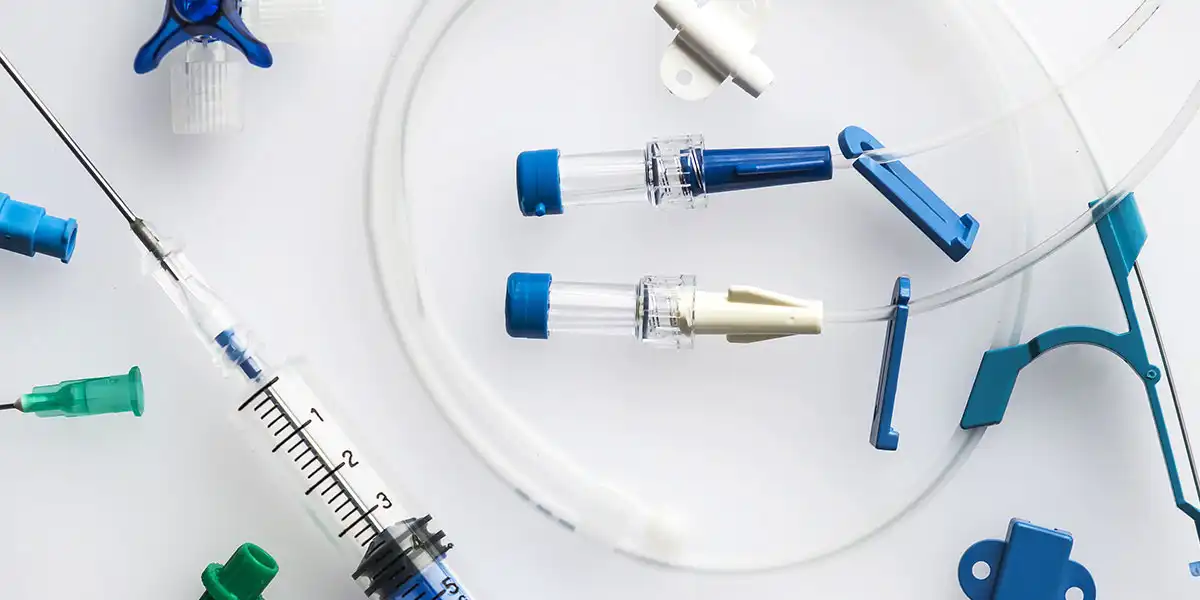
Oct 8, 2024
Blog Life Sciences Antibody Drug Conjugates (ADC) Market: A Revolution in Targeted Cancer Therapy
The pharmaceutical landscape is witnessing a transformative shift with the rise of Antibody Drug Conjugates (ADCs), a groundbreaking class of targeted cancer therapies. These biopharmaceutical innovations combine the specificity of monoclonal antibodies with the potent cytotoxic effects of chemotherapy, offering a powerful tool to fight cancer while minimizing the systemic toxicity associated with traditional therapies. The global market for ADCs has been gaining rapid momentum, with investments and research fueling advancements in oncology and beyond. This blog delves into the current state of the ADC market, its key drivers, challenges, and future prospects.
ADCs are complex molecules consisting of three main components:
ADCs capitalize on the specificity of antibodies to target and destroy cancer cells, sparing healthy tissues and reducing the side effects associated with conventional chemotherapy.
The ADC market has experienced exponential growth in recent years, with analysts projecting continued expansion. Several key factors are contributing to this growth:
The global market for antibody-drug conjugates is estimated to increase from $10.8 billion in 2023 to reach $47.0 billion by 2029, at a compound annual growth rate (CAGR) of 28.4% from 2024 through 2029.
Several pharmaceutical giants and biotechnology companies are driving innovation in the ADC market:
Despite the promising outlook, several challenges remain:
The future of the ADC market looks bright, with several developments on the horizon:
The Antibody Drug Conjugates (ADC) market represents one of the most exciting frontiers in targeted cancer therapy. With a rapidly expanding portfolio of approved drugs and a robust pipeline of candidates, ADCs are set to revolutionize cancer treatment. While challenges in manufacturing and safety remain, ongoing advancements in technology and research hold great promise for overcoming these hurdles. As the demand for personalized, effective cancer treatments continues to grow, the ADC market is poised for significant growth in the coming years.
This next wave of innovation in ADCs is likely to reshape the pharmaceutical industry, offering hope to millions of cancer patients worldwide.
Consider becoming a member of the BCC Research library and gain access to our full catalog of market research reports in your industry. Not seeing what you are looking for? We offer custom solutions too, including our new product line: Custom Intelligence Services.
Contact us today to find out more.

I am Adarsh Rawat and I have a degree in BBA from Jamia Milia Islamia, I have honed a diverse skill set that spans digital marketing, traditional advertising, brand management, and market research. My journey in marketing has been characterized by a commitment to innovation and an ability to adapt to emerging trends.
In today’s fast-paced biomedical world, researchers and pharmaceutical companies...

Radiopharmaceuticals represent a cutting-edge frontier in modern medicine, offer...

Implantable Remote Patient Monitoring (IRPM) devices are revolutionizing healthc...

We are your trusted research partner, providing actionable insights and custom consulting across life sciences, advanced materials, and technology. Allow BCC Research to nurture your smartest business decisions today, tomorrow, and beyond.
Contact UsBCC Research provides objective, unbiased measurement and assessment of market opportunities with detailed market research reports. Our experienced industry analysts assess growth opportunities, market sizing, technologies, applications, supply chains and companies with the singular goal of helping you make informed business decisions, free of noise and hype.